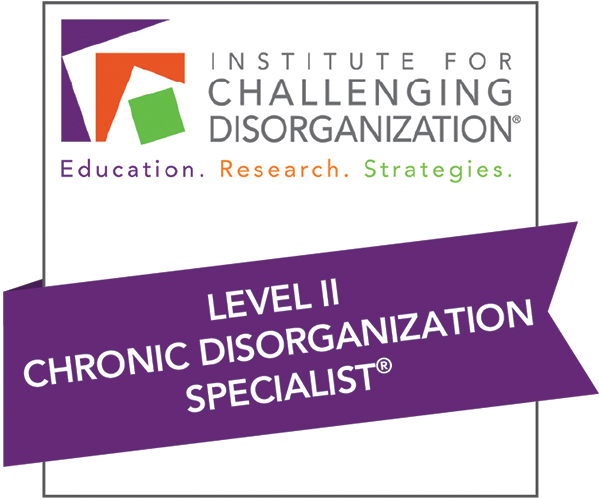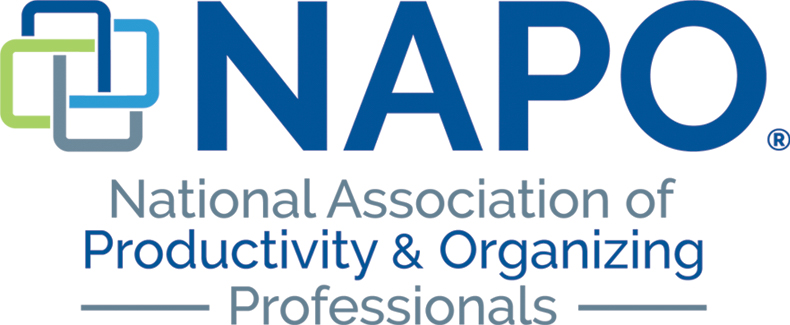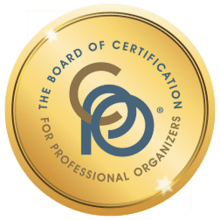
Recently, I had the pleasure of speaking with Kayla David and Sarah Kelly-Palmer of Family Service of Rhode Island. These two lovely human beings are experienced therapists and co-hosts of the “Be Well RI” Facebook Live series on Wednesdays at 10am. Through these conversations, Kayla and Sarah are helping kids and adults deal with pandemic-driven challenges that are affecting the way we live, learn and work. Our talk was focused on some of the challenges and opportunities that arise out of working from home. If you would like to watch, here are the links:
For those of you who prefer the abridged version, I’ve got you covered. Here is a list of the most helpful tips I shared, according to some viewers who shared feedback.
+ Whether setting up your work-from-home space for the first time or re-booting one that doesn’t work well, clear the space and add in only what you need/ really love to have near you.
+ You might benefit from using different areas of your home for different work functions. The lighting and background in one space might work best for video calls. A lesser-used area might be best for focused work or more private conversations.
+ Eliminating your commute gives you bonus time in your day. Spend it doing something you really want to do.
+ Blurry boundaries can lead to burn-out. Limit your work time to the same number of hours as you worked in the office.
+ Set up ground rules with others sharing the space, like when you can be interrupted and for what reason.
+ Stay connected to co-workers with “Breakroom” video calls. Pour yourselves some coffee and catch up on what you are reading, watching or learning.
+ Be extra kind to yourself and others. You didn’t just change physical work locations. You have a lot more taking up brain space. There are more decisions to make, and those decisions are harder.
With some attention to detail and small changes, working from home can work better for you!





